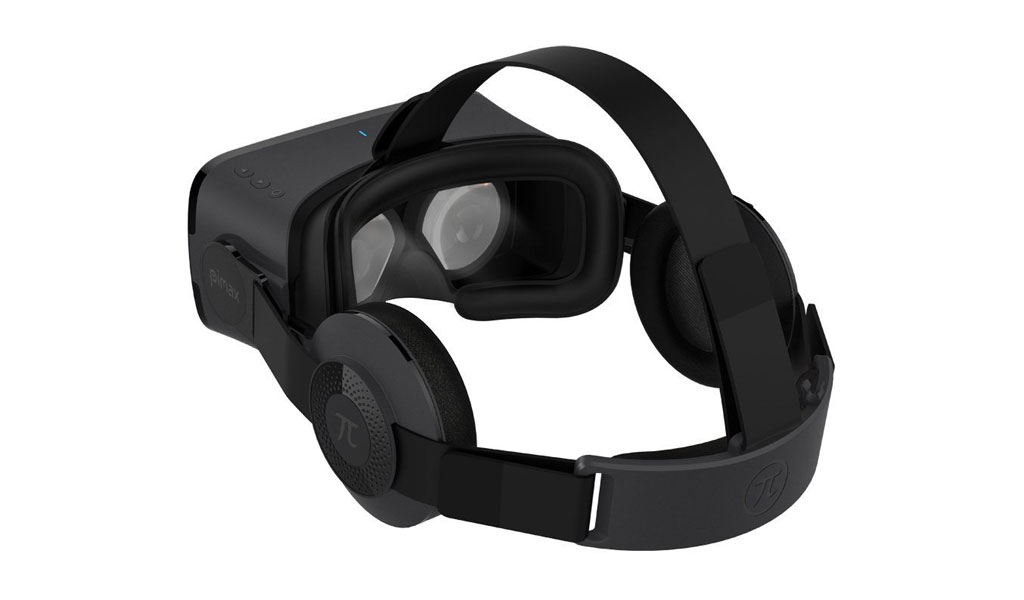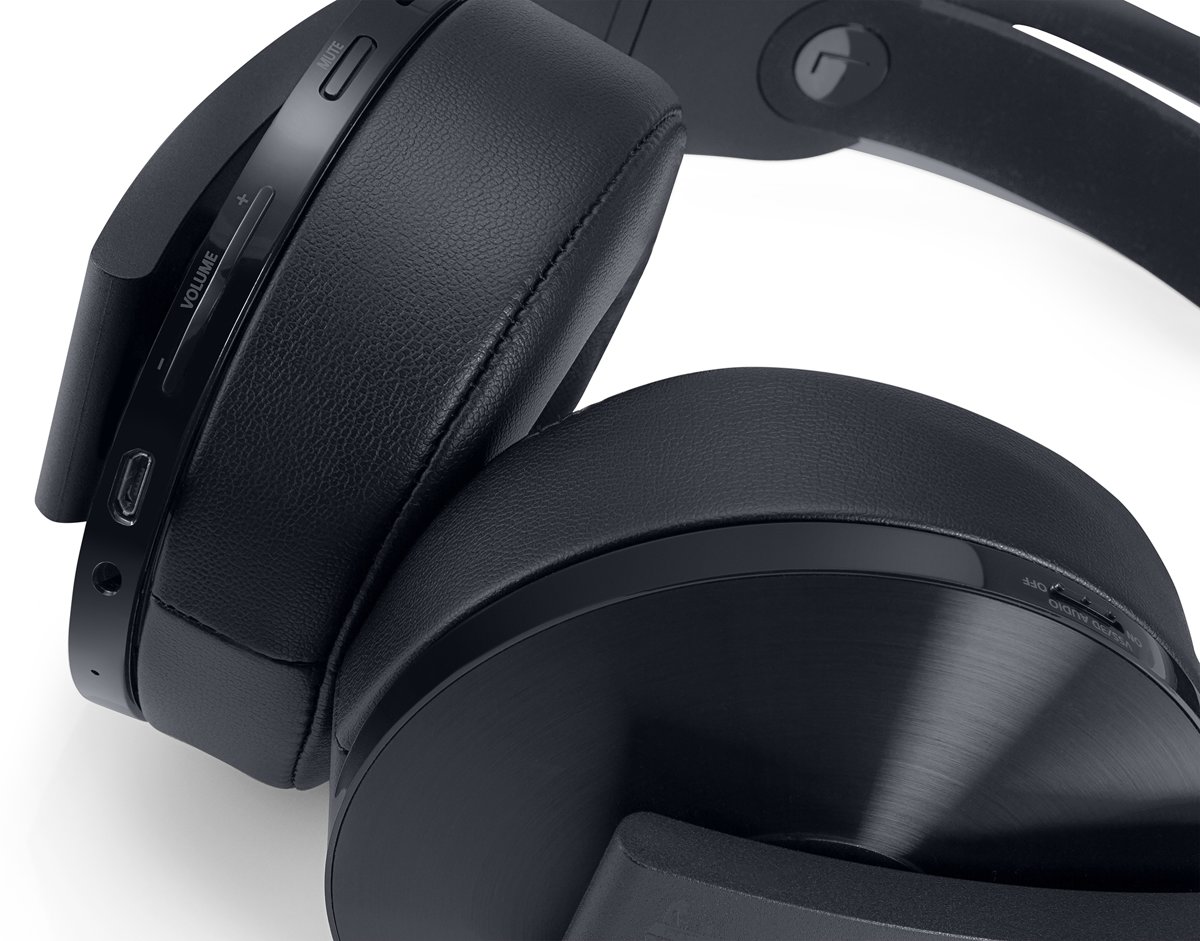

Spencer’s comments offer more detail to the statement Road to VR received from a Microsoft spokesperson following the keynote, saying “We believe that right now a Windows PC is the best platform for mixed reality as its open ecosystem and enormous installed base offer the best opportunity for developers, and Windows offers the most choices for consumers.” Our investment is on the Windows side right now.” “It’s great that as an industry we are investing, whether that’s PSVR, HoloLens, HTC, Oculus-this what the games industry should be about, investing in new technology. I don’t think this is a time for us to be competitive in this space, it’s a time for us to share our learnings and try to get better, because the market is years away, but we want to be ready for it”. Actually the teams share a lot of learning-we’ve had the Sony team up, they’ve seen what we’re doing with HoloLens, we talk to the Valve guys all the time. “It’s not a shot at what anybody else is doing”, he said, diplomatically. We’re saying ok, let’s stay more on the PC where we’re seeing action and developer interest-until we really get the artform of what it means to create great MR experiences, then it can go to more places”. “The power of the box is fine in terms of having a VR or MR experience run on it, it’s really that family room environment that we’re struggling a little bit with. He acknowledged that the Xbox One X is more than capable of running VR. Spencer on stage at E3 2017 where the company announced that ‘Project Scorpio’ would officially launch as the Xbox One X. He thinks we’re still “a few years away from something that will really work”. We’re beginning to see very effective wireless solutions already, but they are expensive accessories and Spencer is likely considering when such solutions will reach mainstream affordability for consoles. “I do think we need to lose the cords at some point, we’re a few years from that”, he said. He referred to the issue of cords, and that “there’s just more people” to think about. After dodging questions for the first few days following the presentation, Phil Spencer, Head of Xbox, gave his thoughts on the games industry, the Xbox One X reveal, and Microsoft’s position in the VR space in a refreshingly candid interview with Giant Bomb’s Jeff Gerstmann last night.Īsked about the lack of VR at the Microsoft E3 presentation, Spencer replied saying that he is “long-term bullish”, and a “believer in the category”, but had some reservations about how suitable it is (in its current state) in the family room environment of the game console. Hopefully VR is a part of that work.Microsoft’s E3 2017 presentation concentrated on the new Xbox One X console, but made no mention of VR. At this year’s E3 Head of Xbox Phil Spencer confirmed that the company is hard at work on “the next Xbox consoles”. It would seem that any plans for VR on Xbox One X are dead, then, but this report does at least leave hope for the future of Xbox VR. Microsoft has partnered with companies like Dell and Asus to release a line of Windows Mixed Reality VR headsets, but these are only for PC. In an interview just before the show, the company’s Alex Kipman stated that it was Microsoft’s belief that “console VR should be wireless”.įast forward a year later to E3 2018 and Microsoft finally admitted it had no plans to bring VR to Xbox One X at this time.

Xbox executives stated that the console could run VR experiences, but wouldn’t confirm that it ever actually would.
#4k vr headset for xbox one full#
Then, later on at E3 2017, Xbox One X was revealed in full without so much as a mention of VR. In early 2017, the company again teased that the console would get “mixed reality experiences” in 2018.
A video teasing the project even included Bethesda’s Todd Howard talking about the VR version of Fallout 4 the studio was making at the time. Nearly two and a half years ago at E3 2016 the company introduced its upgraded Xbox One console, Xbox One X to the world, stating that it was capable of true 4K gaming and “high fidelity VR”. Microsoft’s messaging around Xbox VR definitely seems to correlate with this story. Plans for a release were apparently put on hold in order to wait for better technology that could deliver a much more immersive experience. Sources reportedly noted that the headset’s specs were good, but didn’t measure up to the Oculus Rift or HTC Vive, which suggests it may have been in line with Sony’s PlayStation VR (PSVR) headset for PS4. The tech site cites sources familiar with the matter in saying that Microsoft was indeed working on a VR headset for its Xbox One console and had even partnered with a few developers to bring games to the system. A new report from Cnet claims what we’ve long suspected Microsoft’s Xbox VR headset has been put on ice.


 0 kommentar(er)
0 kommentar(er)
